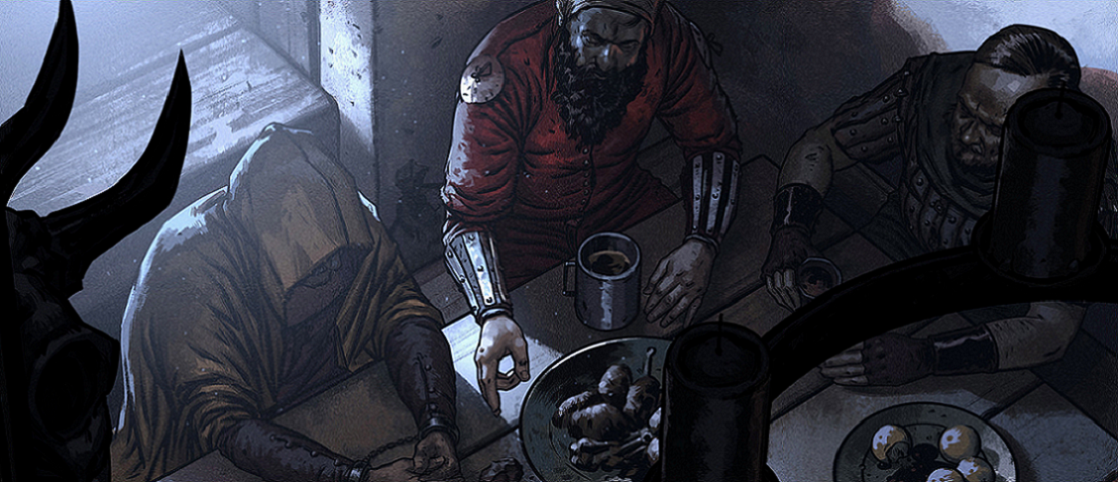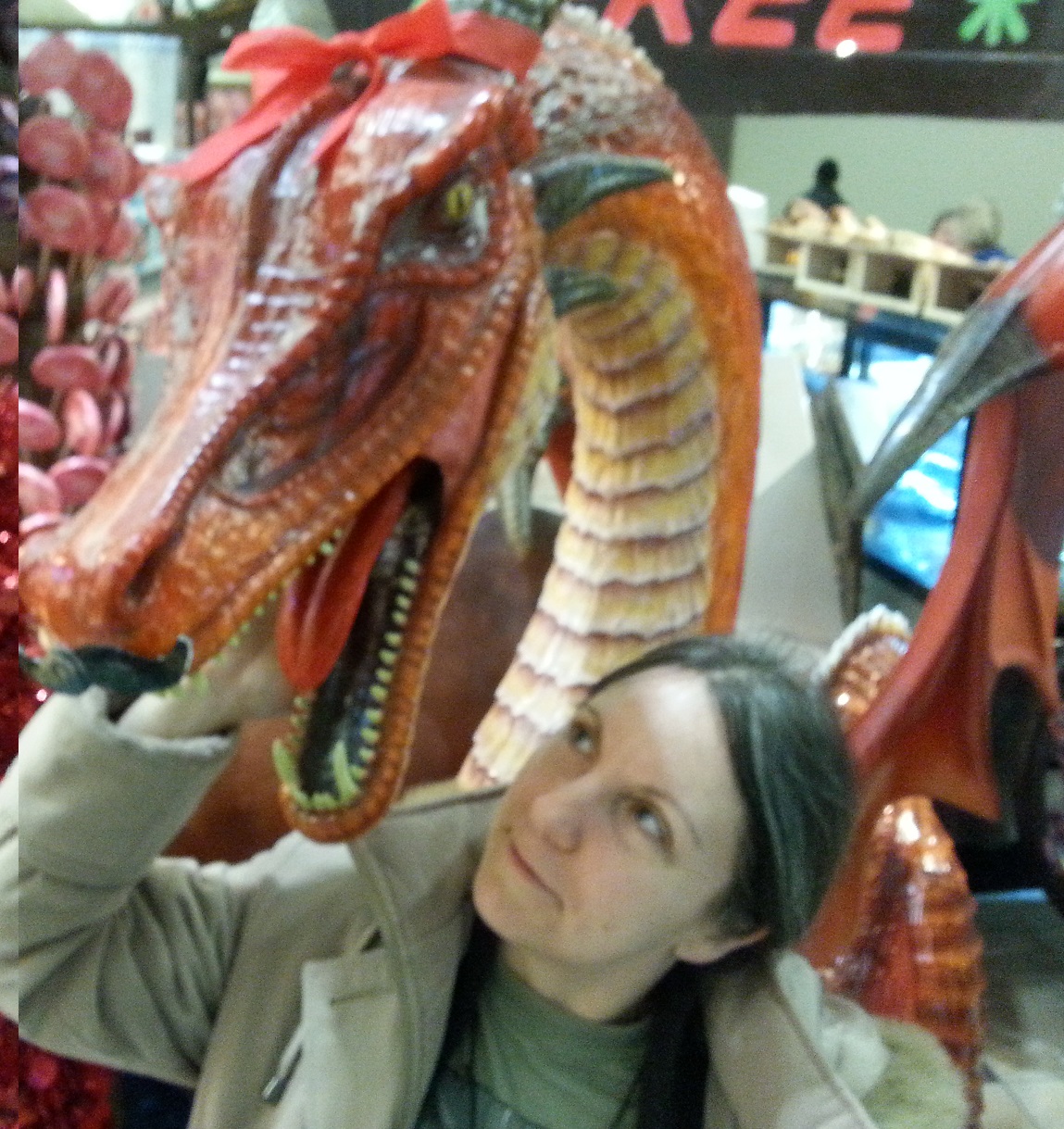Midlandian Culture
In a broad sense, "Midland" does not exist in the Fourth Era, nor has one unified country truly existed since the Midlandian Empire. Instead, many lesser countries in the heartlands of the old empire are unified in religion (Holy See) and cultural roots only.
The Kingdom of Buerach and the Heldenic States divide Old Midland between themselves, though Midlandian Culture is also present in the Principality of Anthor in Vallatorlan, the Grand Duchy of Rivercrown, and select areas in the northern half of the Kingdom of Ruddlestone.
Spread
The spread of Midlandian Culture is largely attributed to the specific means of colonisation employed by the Midlandian Empire, where veteran soldiers upon retirement would be granted by the
Imperial Crown a small strip of land for them to own and work to denote them now being considered a citizen worthy of more rights than those who have not contributed to the Empire's military.
This was certainly the exact case for Rivercrown, where the Empire conquered the Ten Kingdoms of Redfall and used the land for their overpopulation of veterans seeking land for citizenship. As such, Rivercrown is more close to Midlandian culture in the present day than even Buerach and Helden which are in Old Midland itself.
The relationship between the Ruddlestone client state and the Midlandian Empire was always a complicated matter with the kingdom being brought under via forced treaty instead of conquest. The Empire assisted the invading Ruddlestone against the Fisher Kingdom of Arannas which used to reside in the area. As a seaborne people, the Ruddlers struggled to invade the furthest inland portions of Arannas in the north which bordered the Empire. The Empire assisted the Ruddlers militarily by too invading Arannas, and forced the new Kingdom of Ruddlestone to bend the knee or the Imperial Legions will continue marching south and take the entirety of the land. While in the Empire, Ruddlestone could not fully work the land in the north and so paid the Empire to allocate veterans to colonise arable land in the north to assist the nation.






The idea of euphemisms are really interesting. I like the examples that are used to confuse haha. The examples of idioms are really good too. :D You've obviously put a lot of thought into this.